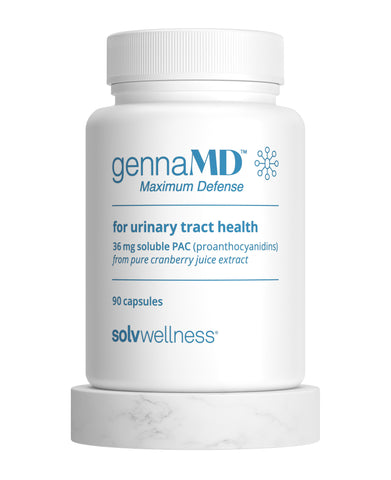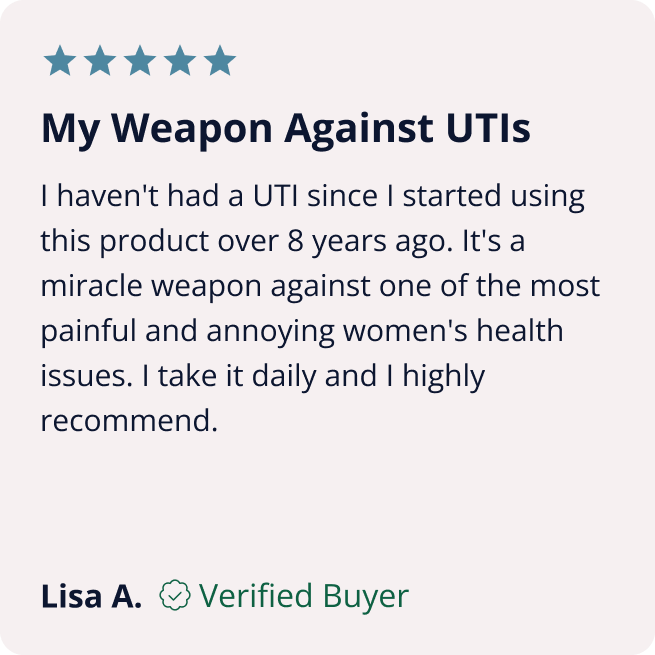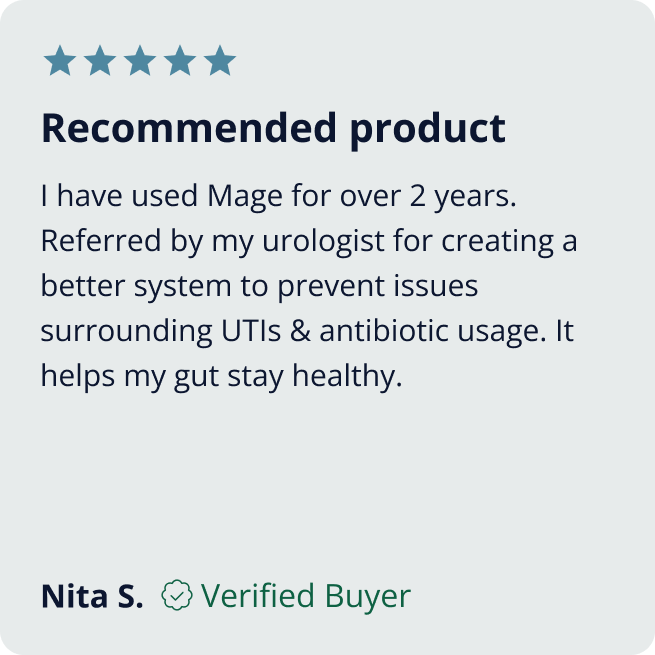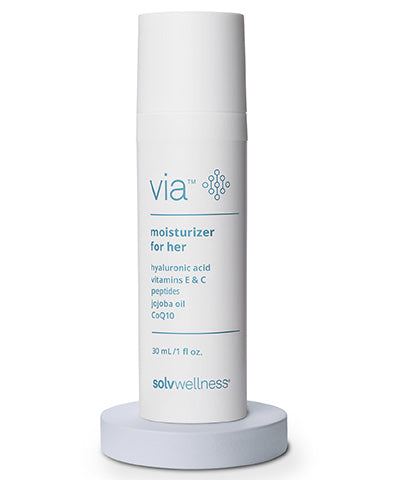For generations, menopause has been treated as a footnote—whispered about, overlooked, or dismissed entirely. But in recent years, that silence has been breaking. The conversation has been growing louder, and it now has a permanent seat at the table.
In July 2025, the FDA convened a long-overdue expert panel to reexamine hormone therapy (HT) and its role in treating menopause symptoms. One therapy in particular took the spotlight: vaginal estrogen, a treatment backed by decades of evidence but long overshadowed by outdated warnings and misinformation.
The menopause specialists collectively agree and made clear that vaginal estrogen is safe, effective, and long overdue for a new perspective.
There are different paths to managing menopause, including hormonal and non-hormonal approaches, depending on the severity of your symptoms, personal health history, and preferences.
If you have vaginal dryness, frequent UTIs, bladder leakage, vaginal or vulvar irritation, or pain with sex caused by Genitourinary Syndrome of Menopause (GSM), vaginal estrogen is the gold-standard treatment option.
Vaginal estrogen comes in creams directly applied to the vulvar and vaginal skin, or tablets and rings inserted directly into the vagina. Vaginal estrogen stays local to the tissues to which it’s applied and does not significantly enter the bloodstream.
And did you know? An entire year of local vaginal estrogen has less estrogen than one daily birth control pill.
In 2002, a major study called the Women’s Health Initiative (WHI) made headlines warning that hormone therapy increased risk of heart disease, stroke, and breast cancer; however, these widely publicized reports in the media failed to distinguish between the different types of hormone therapy or the age and health conditions of the women studied. This led to widespread misinformation.
The misinformation led the FDA to place a boxed warning (also known as a “black box warning”, which is their most serious label warning) on all estrogen products. The boxed warning on vaginal estrogen states severe risks, like heart disease, stroke, blood clots, cancers, dementia, despite numerous studies proving its safety.
This warning has remained on all estrogen product packaging for the last 20+ years, not just the systemic hormones used in the study, which are not even the same ones commonly used today!
Unfortunately, the misinterpretation of data discouraged millions of women, and their doctors, from all forms of hormone therapy including vaginal estrogen. For decades, women have been left suffering through symptoms that could otherwise be easily treated. In some cases, the lack of appropriate care has even led to death. Vaginal estrogen should be a standard treatment for menopausal women experiencing genitourinary symptoms.
- Local vaginal estrogen is safe for all women at any age, even breast cancer survivors.
- The WHI study focused on oral/systemic estrogen, not low-dose, local vaginal estrogen.
- Vaginal estrogen is minimally absorbed into the bloodstream and does not have the same effects as systemic hormone therapy, whose risks are still generally low for most patients but should be assessed and prescribed on an individual basis.
- Despite this, the FDA still maintains the boxed warning based on outdated and misleading data.
Now, back to the July 2025 FDA panel and what that means for vaginal estrogen.
The panel brought together top menopause experts from across the country to revisit these old assumptions, and the consensus was clear:
-
Vaginal estrogen is safe for women of all ages, even breast cancer survivors.
“It does not increase your risk of heart disease, stroke, blood clots, or breast cancer,” said multiple clinicians on the panel.
-
Proactive use before symptoms become severe may help prevent or delay progression of GSM.
If you currently have UTIs, bladder leakage, or other GSM conditions, using vaginal estrogen can help stop or reverse the issues.
-
The boxed warning is outdated and misleading.
Rachel Rubin, MD, Urology, stated, “There is not a single study in the literature that says local vaginal estrogen causes what your box says.”
- It’s time for the FDA to remove the boxed warning. Patients and providers need to make informed decisions without misinformation.
While we are hopeful the FDA will call for the black box warning to be removed, you do not need to wait to help maintain or restore your genitourinary health, which perhaps you didn’t know you’d lost, or you assumed these changes were a normal part of aging that you must deal with.
Here’s what you can do:
- Talk to your doctor and ask about vaginal estrogen. If you’re experiencing symptoms like dryness, painful sex, or UTIs, don't let outdated information or fear stop you from having a conversation with your doctor.
- Share this Prescriber's Pocket Guide to Local Vaginal Hormones by Dr. Rachel Rubin, urologist and sexual medicine specialist, with your provider.
- Support the movement. Visit Unboxing Menopause to sign the petition urging the FDA to remove the inaccurate black box warning.
- Respond to the FDA’s request with your experience and thoughts. The FDA is requesting public comments (that can be submitted anonymously) until September 24, 2025.
- If your doctor dismisses your symptoms, find one who won’t.
Awareness about menopause as well as hormonal and non-hormonal treatments is growing. Vaginal estrogen is making a comeback—and it is your right to have access to it. Every woman has the right to feel heard, supported, and cared for through every stage of life.
You can learn more about navigating menopause with confidence by checking out Menopause Made Clear, our series of expert guidance, practical tips, and evidence-based insights to help guide you through your menopause journey.










